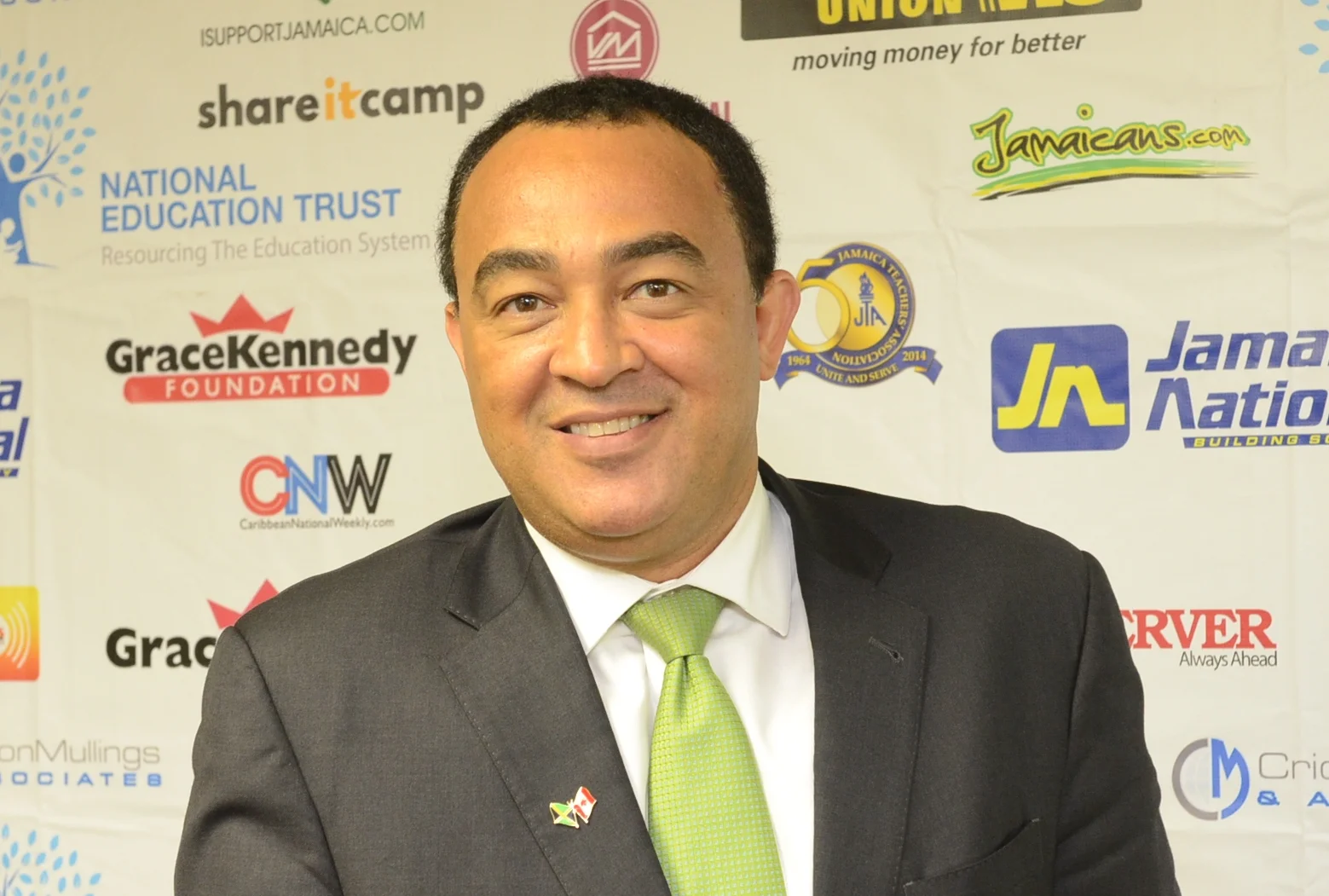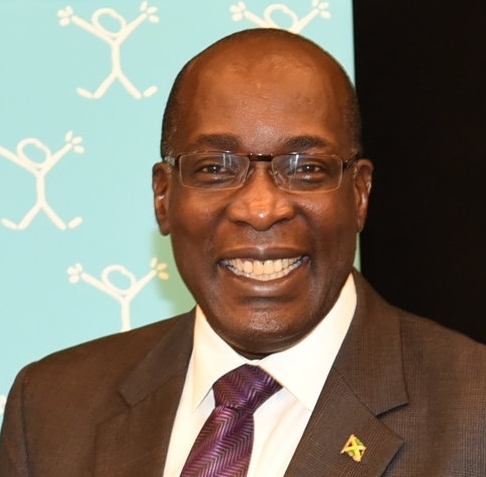Canadians urged to participate in Jamaica's Adopt-a-Clinic program
November 17, 2017
Faced with critical challenges in delivering efficient health care, the Jamaican government is reaching out to nationals in Canada and the rest of the Diaspora to fill gaps in providing the best health care.
Last week, the Ministry of Health launched the Adopt-A-Clinic program that aims to improve health care facilities by soliciting and partnering with local and international corporate entities and individuals to provide some of the basic and critical needs to the facilities.
Lacking confidence in the services the health clinics provide has led to on a strain on the hospital system, resulting in long wait times.
“We are seeing where a number of clinics across Jamaica are in need of basic routine maintenance such as chairs for the waiting area, simple diagnostic equipment like a blood pressure machine, a television or even an annual paint job,” Tufton said. “Adopt-a-Clinic allows people to be part of the prevention rather than the cure. So the purpose is to get people on board to play an active role in filling these gaps.”
Tufton said the adoption doesn’t require major expenditure.
“It’s more about routine maintenance and support so the facilities maintain their credibility by offering services efficiently which would keep people coming and reduce the risk of them waiting too long before seeking treatment,” he noted.
Jamaica's Health Minister Dr. Chris Tufton (l) with chief medical officer Dr. Winston De La Haye & Victoria Mutual Building Society president and CEO Courtney Campbell
There are 24 public hospitals and 320 health clinics across Jamaica. A total of 100 of those have been identified as being critical.
“In giving back to the community and country, the adopter will play an active role in ensuring that these primary health facilities and health centres are equipped sufficiently to administer preventative health care at the community level,” said Tufton.
Diaspora members have already committed to adopt 40 facilities.
To ensure transparency, Tufton said annual reports will be provided to adopters, detailing the performance of the clinic and how the adoption has helped with the improved efficiency.
“Adopters will get a report once per year to say how many persons the clinic has accommodated and how their donation, whether in cash or kind, has assisted them,” he added. “They will also get pictures and constant feedback on the performance of the clinic through a website that will be established where they can go and identify their adopted clinic and see what their resources have been used for.”







